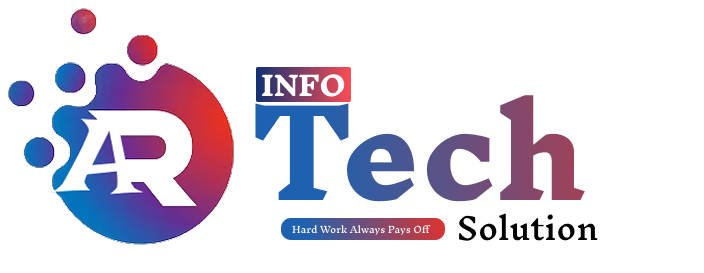Artificial intelligence (AI) has taken the content creation industry by storm, reshaping how creators and marketers approach their strategies. From planning and ideation to execution and personalization, AI offers powerful tools to streamline processes and enhance creative output. As AI tools evolve, so do the methods to leverage them effectively.
In 2024, adapting your content strategy to include AI could give your brand a competitive edge. However, it’s crucial to balance AI’s benefits with ethical considerations. Here’s a detailed look at how AI is transforming content creation and tips for incorporating it wisely into your strategy.
1. The Evolution of AI in Content Creation

Over the past few years, AI has evolved from simple assistance tools—such as grammar checkers and keyword finders—to complex systems that can generate full-length articles, videos, and even realistic images. Tools like ChatGPT, Jasper, and DALL-E are pushing the boundaries of what’s possible, allowing creators to produce high-quality content at scale.
Before AI, content creation relied on manual research, brainstorming, and execution, often taking hours or even days to complete a single piece. Today, AI can generate drafts, identify trending topics, and even analyze audience sentiment within minutes, making the content creation process faster and more efficient.
2. Benefits of Using AI in Content Strategy

The benefits of integrating AI into your content strategy go beyond efficiency. Here are a few significant advantages:
- Efficiency and Speed: AI automates repetitive tasks like researching, drafting, and keyword insertion, freeing up time for creators to focus on creative and strategic work.
- Enhanced Personalization: AI-powered tools analyze vast amounts of data to help tailor content to specific audience segments. This allows for targeted messaging that resonates better with each group.
- Data-Driven Insights: AI tools like IBM Watson and Google Analytics use predictive analytics to provide actionable insights. They reveal what content is likely to engage audiences based on past data, allowing for more effective content planning.
These benefits make AI an invaluable tool for content creators, enabling them to create high-quality, personalized, and engaging content while saving valuable time and resources.
3. Popular AI Tools for Content Creation in 2024

With AI now embedded in content creation, many tools have emerged to support various stages of the process. Here are a few of the top options:
- Text Generation: ChatGPT, Jasper, and Copy.ai are powerful tools for generating written content. They can produce anything from social media captions to long-form articles with a human-like tone.
- Video Creation: Pictory and Synthesia are ideal for AI-generated video content. Pictory can turn scripts into short videos, while Synthesia allows users to create videos with realistic, AI-driven avatars.
- Image Creation: DALL-E and Midjourney are popular for generating AI-based visuals. These tools allow creators to input text prompts and receive high-quality, unique images in response.
Each of these tools can help content creators automate various tasks, saving time and enhancing their ability to focus on high-level strategy. However, choosing the right tool depends on your specific content needs.
4. Adapting Your Content Strategy for an AI-Driven Landscape

To fully leverage AI, it’s crucial to adapt your content strategy with clear, measurable goals in mind. Here’s how you can get started:
- Optimize for High-Ranking Keywords: AI tools like Surfer SEO and Clearscope help you identify high-volume keywords relevant to your target audience. By integrating these keywords naturally, you can improve your content’s SEO performance.
- Automate Repetitive Tasks: AI can handle tasks such as social media scheduling, data analysis, and even content distribution. Platforms like Buffer or Hootsuite, integrated with AI, allow you to schedule posts automatically, freeing up your team for other tasks.
- Personalize Content for Different Audiences: AI-powered analytics tools can segment your audience based on data, creating a more personalized experience. For instance, dynamic content personalization on websites allows for displaying content tailored to individual visitors.
These strategies will help you stay competitive and make the most of AI’s potential. Remember, AI should support human creativity, not replace it. Focus on high-level strategy and use AI to streamline execution.
5. Ethical Considerations and Challenges

While AI offers exciting possibilities, it also raises ethical concerns. Here are a few key points to consider:
- Plagiarism and Authenticity: Some AI tools generate content by pulling from online sources, raising the risk of plagiarism. Ensure that all content is original and offers genuine value to your audience.
- Data Privacy: AI often relies on user data for personalization, making it essential to follow data protection laws like GDPR. Be transparent about data collection practices and respect user privacy.
- Bias in AI Algorithms: Some AI tools may exhibit bias based on the data they’re trained on. Regularly reviewing AI-generated content can help identify and address any unintentional bias.
Balancing these challenges is vital to ensure your content remains authentic and respectful of your audience. As creators, maintaining ethical standards will help build trust with readers.


